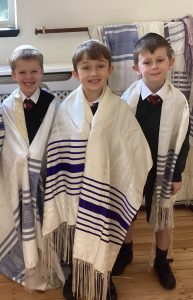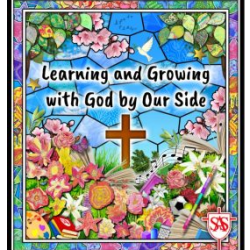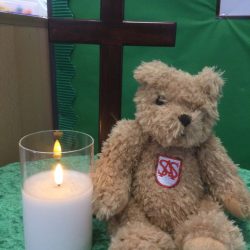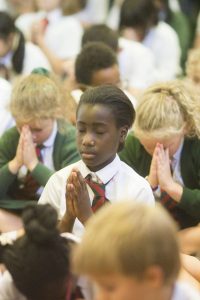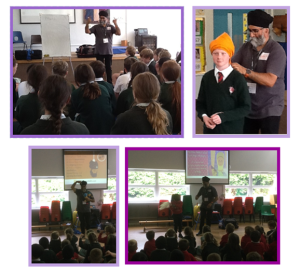Religious Education at St. Alban & St. Stephen Catholic Primary School & Nursery.
Religious Education underpins life at St. Alban & St. Stephen Catholic School. In our latest R.E. Inspection 2024:
“Pupils make good progress in religious education as they move through the school. They clearly enjoy
learning and talk about their lessons with enthusiasm.“They reflect spiritually, and think ethically and theologically, and are aware of the demands of religious commitment in everyday life.”
“The high standard of displays in classrooms, communal areas and corridors on both sites
effectively witness to the school’s Catholic identity, mission and charism.““Teachers are confident in their subject knowledge and demonstrate enthusiasm for their teaching of
religious education.“Religious Education Curriculum Directory for Catholic Schools (Inspection 2024)
Our aim is to:
Embrace all elements of our Mission Statement. Our learning objectives will take into account the religious and educational needs of our children whilst recognising the variety of starting points. We recognise that our children come into the school community from a variety of backgrounds and we take into account the religious and educational needs of all of our children.
Religious Education is viewed as a subject for all children – a collaborative activity, which respects and promotes the child’s innate capacity for wonder, awe, reverence and imagination. Through this approach, we aim to help our children to recognise and appreciate the religious and spiritual dimensions of life. We aim to lead our children into a deeper understanding of the Catholic tradition and where appropriate, other religious traditions and the ways in which they seek to express the significance of human life.
To achieve these aims we will: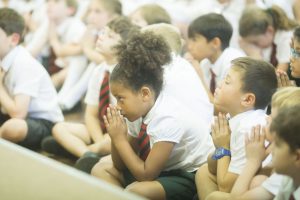
• Create a caring happy environment where the school reflects a living Christian community.
• Provide opportunities for celebration, prayer, praise and reflection in implicit and explicit ways.
• Expect and encourage a high standard of positive behaviour.
• Provide children with the language of religious experience.
• Present a systematic presentation of Christian events, their relevance and meaning in ways appropriate to the age and development of the child.
• Encourage children to become independent, self-motivated and self-disciplined.
• Support Home and Parish in preparing the children for the Sacraments of Eucharist and Reconciliation.
• Ensure that parents are kept informed regarding the Religious Education curriculum.
• Provide an environment of continued development and growth for pupils and staff.
• Give children an understanding of and a respect for other faiths.
• Implement the Archdiocesan Religious Education programme – using the RED Programme of Study.
We use the new Religious Education Directory (RED Programme of study)
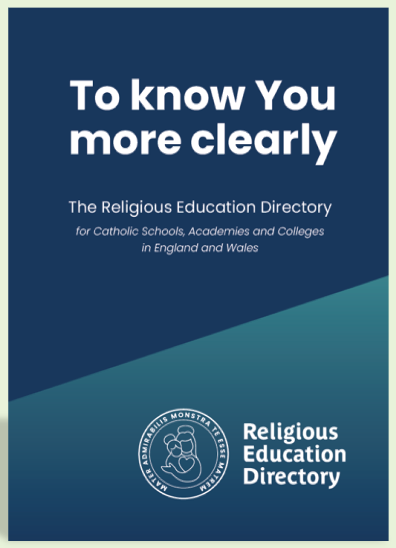
Aims of religious education:
The aims of religious education are:
1. to engage in a systematic study of the mystery of God, of the life and teaching of Jesus Christ,
the teachings of the Church, the central beliefs that Catholics hold, the basis for them and the
relationship between faith and life;
2. to enable pupils continually to deepen their religious and theological understanding and be
able to communicate this effectively;
3. to present an authentic vision of the Church’s moral and social teaching to provide pupils
with a sure guide for living and the tools to critically engage with contemporary culture and
society;
4. to give pupils an understanding of the religions and worldviews present in the world today and
the skills to engage in respectful and fruitful dialogue with those whose worldviews differ from
their own;
5. to develop the critical faculties of pupils so to bring clarity to the relationship between faith
and life, and between faith and culture;
6. to stimulate pupils’ imagination and provoke a desire for personal meaning as revealed in the
truth of the Catholic faith;
7. to enable pupils to relate the knowledge gained through religious education to their
understanding of other subjects in the curriculum.
Outcome of religious education:
The outcome of excellent religious education is religiously literate and consciously engaged
young people who have the knowledge, understanding, and skills – appropriate to their age
and capacity – to reflect spiritually, and think ethically and theologically, and who recognise the
demands of religious commitment in everyday life
Topics
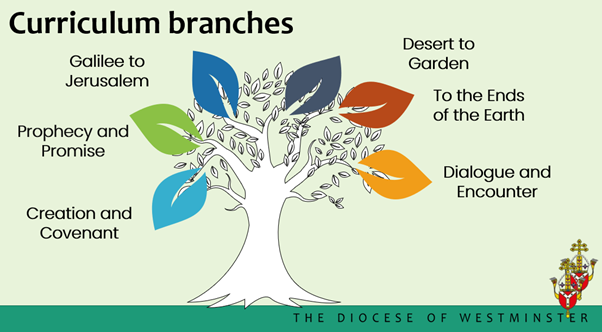
SSAS RED Year Overview 2025-2026
SSAS RE Year Overview 2024-2025
Age Related standards in Religious Education
You can see more about Religious Education across the school and in different classes in some of our news blogs:
https://www.ssas.herts.sch.uk/category/catholic-life/religious-education/
Working With Parents
We also work closely with parents to ensure that they can support our Religious Education Curriculum at home.
Each year group has optional home learning added to their Home Learning Grids, which is related to the topics that are being taught in class.
We also provide termly Religious Education newsletters and regular updates in our school newsletters.
We also encourage parents to use the Mark 10 resource at home to follow up on our assemblies in school and share the Gospel together as a family. The latest assembly will be shared with Parents every week, along with our weekly newsletter.
R.E Parents Letter Autumn 2024
Lent, family friendly resources
Previous academic year:
Parents_Letter_Spring_Term_2024
RE Come and See parent letter Summer 2024 (1)
Other Faiths
Why teach about other Faiths or Religions?
“In Meeting God in Friend and Stranger” an article produced by the Bishops of England and Wales, it outlines that;
“Within our schools we are seeking to educate all pupils of whatever religion to be able to live a way of life that integrates their beliefs with all other aspects of what it means to be human. As part of this, they must learn to live alongside others who are different and hold alternative views, including religious views.”In school we refer to Judaism as another faith because of our shared Christian and Jewish heritage. Jesus was a Jew.
The school previously dedicated a week to the Judaism religion, but with our new RED curriculum, Judaism is interwoven into our Bible teaching throughout the year and explicitly taught during the Summer 2 Term during our Dialogue and Encounter topic.
We refer to Islam, Hinduism and Sikhism as other religions. These are studied because they have a belief in one God.




We bring our learning about other faiths to life through visits to places of worship and by inviting faith leaders into school to share their faith:
Judaism Week – W/C: 11/11/24 Rabbi Zvi visited our school and held an Assembly & workshops. Also, Year 3 visited St. Albans Synagogue.

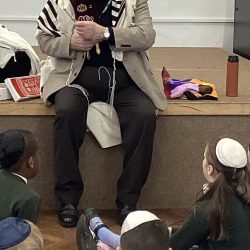
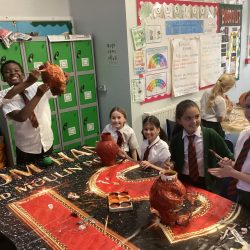
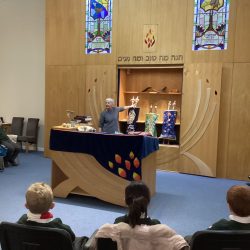
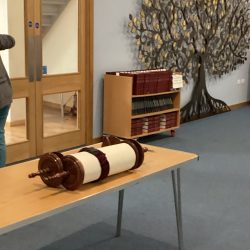
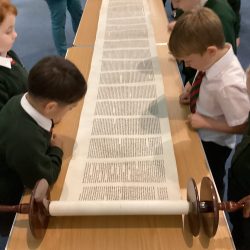
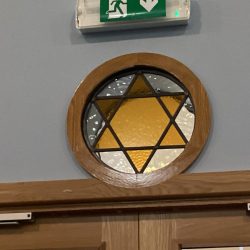
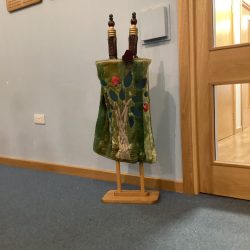

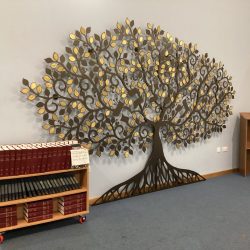
Year 3 visit to Radlett Synagogue
